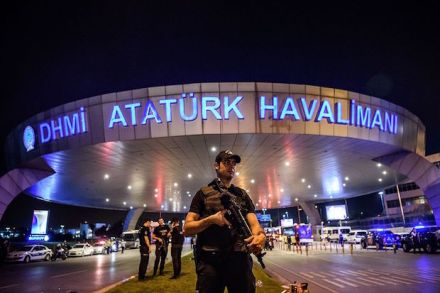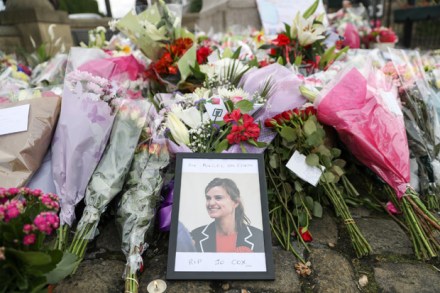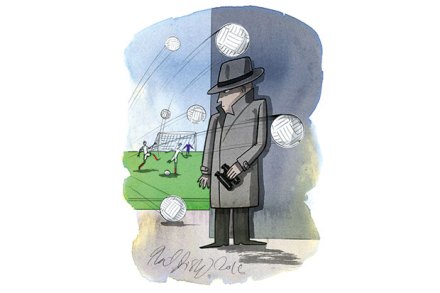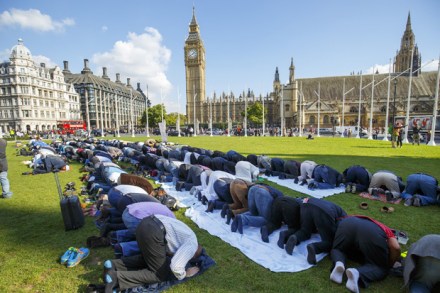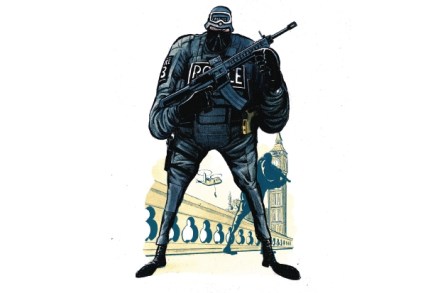The Spectator Podcast: Summer of terror
In a week in which both Germany and France have suffered terror attacks, the question of the relationship between Islamic terrorism and Europe’s refugee crisis is once again rearing its head. In his Spectator cover piece, Douglas Murray argues that whilst the public knows that ‘Islamism comes from Islam’, Europe’s political classes are still refusing to tackle the problem at its core. So how can we bridge this gap between what politicians are saying and what the public are thinking? And does Europe have to come to terms with a new reality of domestic terrorism? On this week’s podcast, Douglas Murray speaks to Lara Prendergast. Joining them both to discuss













